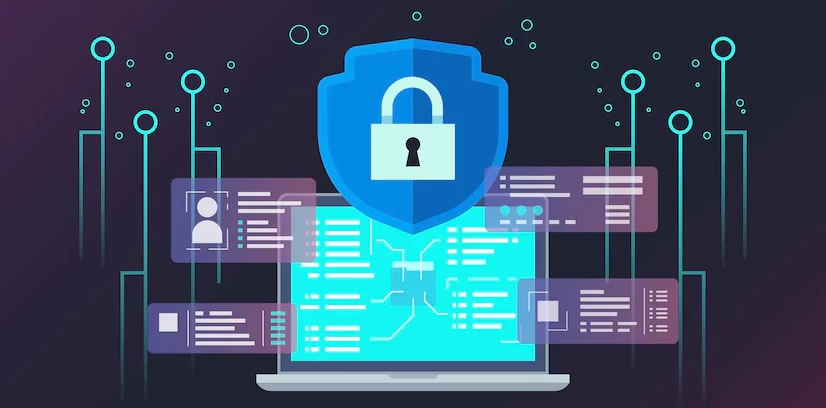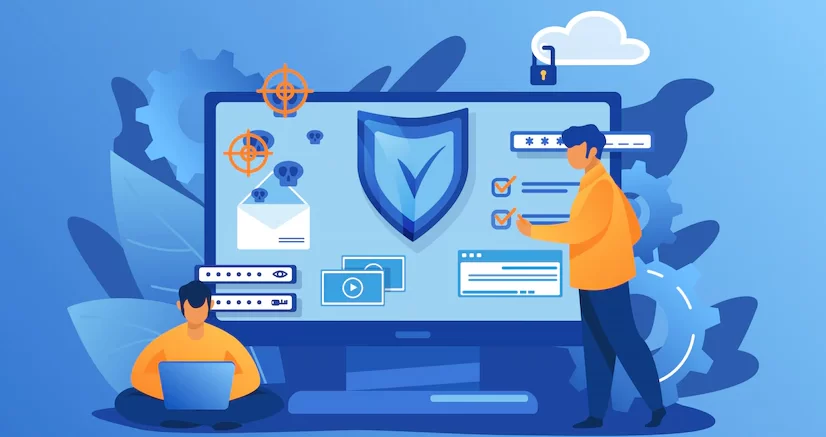Data Protection and Compliance in the Ed-Tech Industry
While the Ed Tech industry is taking over the educational system, there has been recent concern about data protection and privacy. It isn’t unusual for problems like this to arise in a relatively new industry. However, despite these concerns, the Ed Tech industry is indeed in compliance with the data protection required by the law.
With the shift of the education system from the conventional way of learning to Ed Tech, these digital tools have been the primary target for intense cyber-attacks. And despite the strict data security guidelines of the Ed Tech industry, people might still fall victim to cyber assaults. To protect people from any mishaps while learning with any digital tool, the Ed Tech industry must protect its students’ data and promote privacy in the following ways:
Data Protection and Compliance in the Ed-Tech Industry

Abide by the law
One way the Ed Tech industry protects students’ data is by abiding by the law. Different laws guide how Ed Tech can offer its services to users. Depending on your region, there are different laws on how Ed Tech companies are to ensure students’ data are protected. In the US, two of the largest federal legislations that see to it that students’ data privacy is not violated are COPPA and FERPA.
The COPPA protects children’s privacy, limiting what type of data companies can collect from children and use for marketing purposes. The FERPA, the other hand, is more focused on protecting the family’s educational rights.
If you go down to the state level, there are laws and regulations Ed Tech must abide by. These laws vary from state to state because every state can create security and privacy regulations and laws. A perfect example of an agency on the state level that protects students’ data privacy is SOPIPA.
These agencies help Ed Tech companies ensure data privacy restrictions. Ultimately, these agencies’ upholding of data protection helps ensure the Ed Tech industry creates a much better student privacy policy.
Provide transparency
Another way the Ed Tech industry protects students’ data is by providing transparency. These companies provide so much transparency that policies they know students will be most interested in are highlighted to grab students’ attention. Nothing is more finesse than an establishment that is transparent—being transparent means not having any hidden policy or a policy open to multiple interpretations.
Being transparent helps students know what their data is used for and allows them to opt in or out. This way, nothing shocks anyone, as everybody knows what they are getting into. Transparency is not only offered to students; the school, educators, and parents are also provided the same level of transparency. This transparency, in the end, helps to create much better security measures and data privacy practices.
Encrypting data
To protect students’ data, Ed Tech companies encrypt every piece of data collected. Some Ed Tech companies focus on data encryption during data transfer or transmission, while others focus on encryption while storing it. In essence, if a data leak occurs hardly ever, the data will not be useful to the perpetrators because of the encryption.
Hence, data is protected regardless of the level, and cyber-attacks will not compromise students’ security. However, despite the level of protection that Ed Tech companies offer students, they should not neglect that cyber-attacks are real and are even becoming more sophisticated. Hence, students are required to be careful with the type of data they share with others.
Limit access to sensitive information.

Another way Ed Tech companies can promote security and privacy is by limiting the number of people with access to sensitive student data. The fewer people with access, the less likely there will be a data breach. However, when several people access students’ data, someone inside might be careful or even get duped online, causing a security breach.
Because handling such sensitive information can be risky, many Ed Tech companies have strict protocols for handling students’ data. They also require that school districts actively participate in limiting the number of people with access to the students’ data and ensuring they are well-reviewed. Hence, the responsibility to protect sensitive information is not solely in the hands of the Ed Tech company.

















